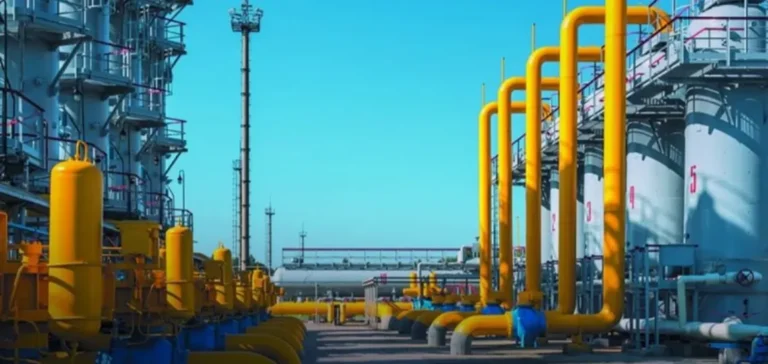Ukraine plans to increase its natural gas imports by 30% following recent Russian attacks on its energy facilities. Minister of Energy Svitlana Hrynchuk stated that the damage to the national gas network was significant and would require a rapid mobilisation of public funding to restore production and transport capacities.
A reinforced import plan for the winter
Svitlana Hrynchuk explained that the government’s priority was to secure supply for the October to December period while preparing additional volumes depending on how hostilities evolve. She added that the increase in imports would depend on how quickly domestic production and storage capacities could be restored. The government is also considering expanding liquefied natural gas (LNG) imports to diversify supply sources.
The ministry’s initial plan foresaw importing 4.6 billion cubic metres (bcm) for the 2025/26 season. Ukraine already held around 13.2 bcm in reserves, a level considered sufficient before the recent destruction. However, the strikes on gas fields and transport infrastructure may require budget adjustments to finance new short-term purchase contracts.
Critical infrastructure under growing pressure
Russian strikes have targeted both regional gas infrastructure and electricity transmission lines near frontline areas. Several northern regions are already facing energy restrictions. Since the start of the conflict in 2022, repeated attacks on Ukraine’s energy sector have increased reliance on imports and public funding to repair damaged networks.
The minister said that emergency plans had been established to address multiple scenarios, including the most critical ones. These measures include temporary restrictions on industrial and residential consumption as well as targeted investments to secure strategic infrastructure. She added that the speed of repairs would depend on international support and the availability of public budget resources needed for reconstruction.






















